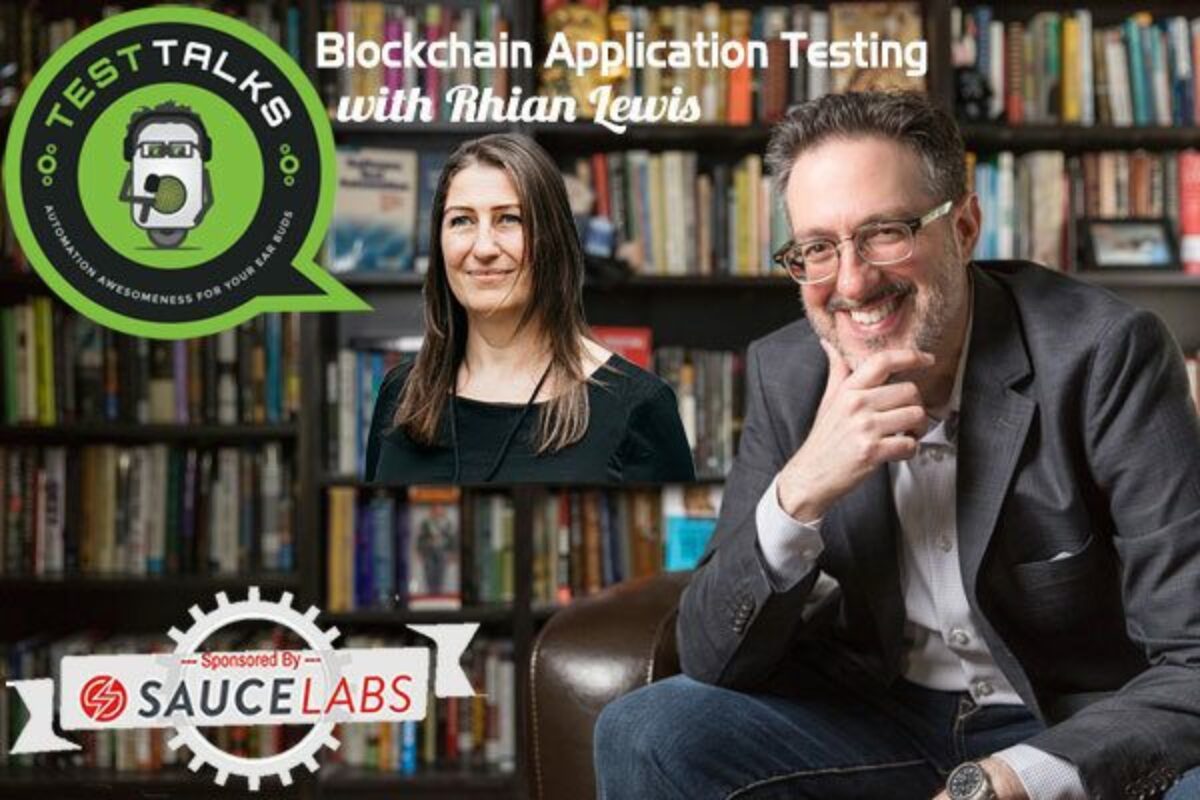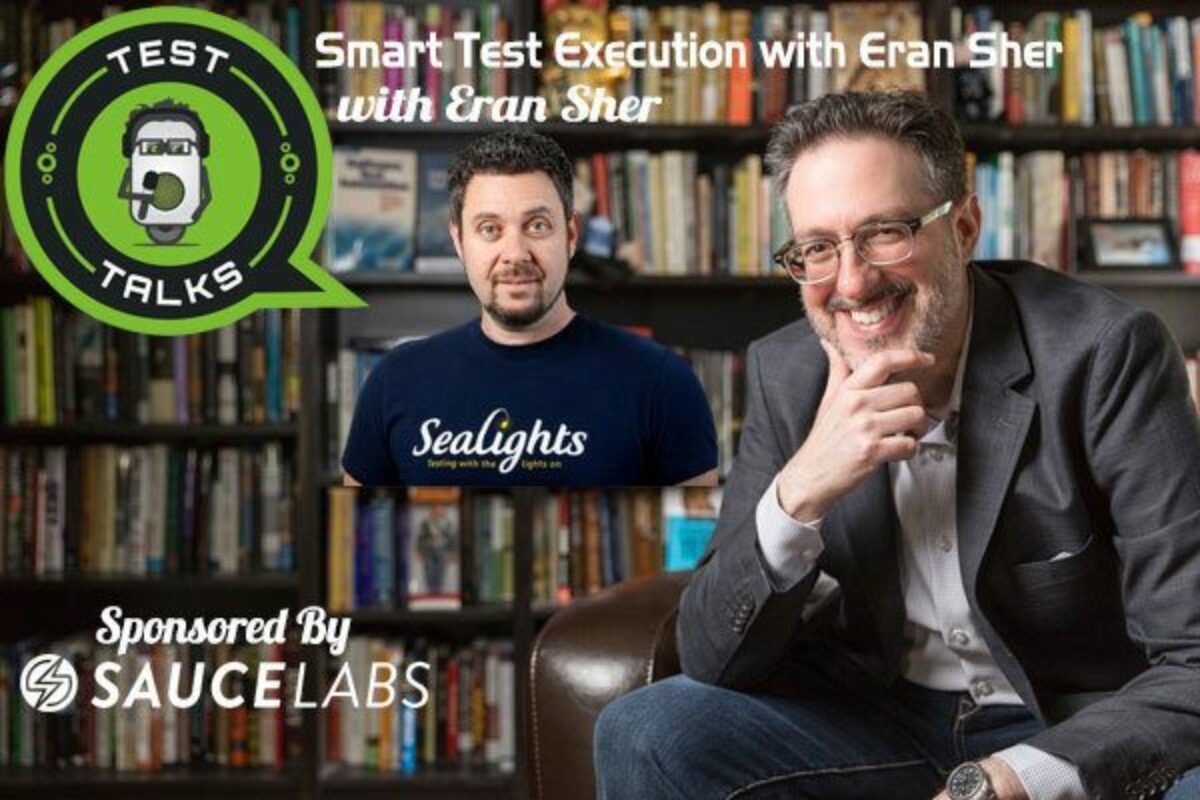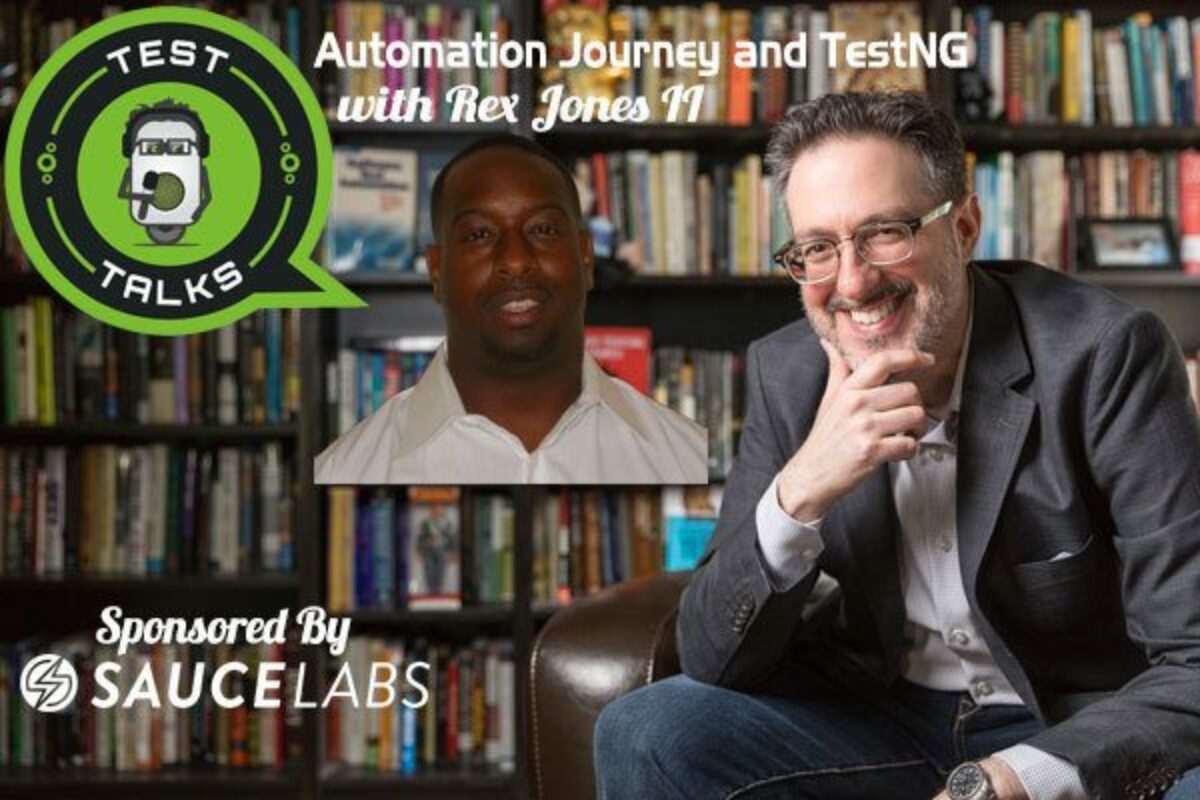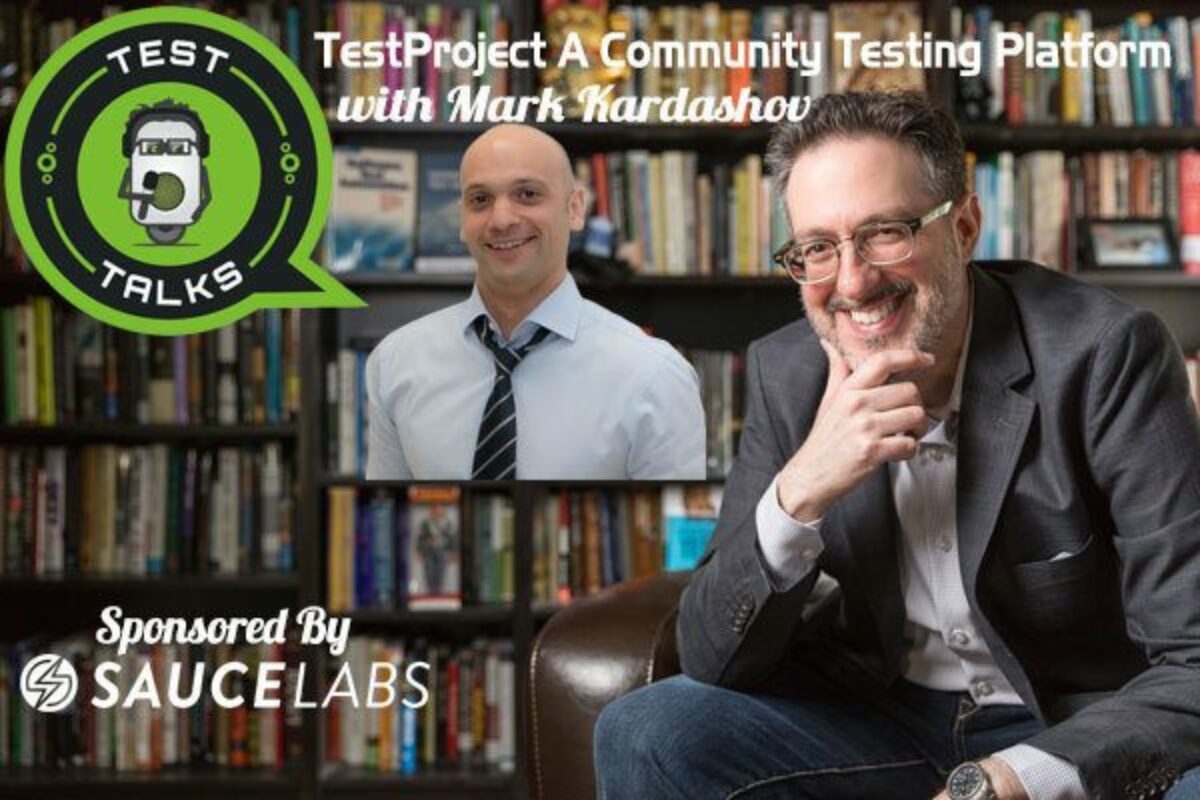In this episode, we’ll be test talking with Rhian Lewis about Blockchain application testing. I assume that you’ve been hearing a lot about Blockchain and Bitcoin (I know I have), but how many of us have actually begun to roll up our sleeves and tried to determine what we need to do to get started testing these types of applications? Rhian is a trailblazer in this space and shares what you need to know about Blockchain applications, as well as testing advice on how best to approach this technology.
About Rhian Lewis
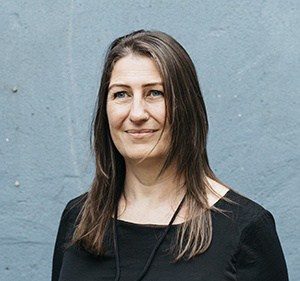
Rhian Lewis is a contract test automation specialist, who has worked on projects for some of Europe's largest financial, leisure and automotive brands. She is also the co-developer of the cryptocurrency portfolio tracker countmycrypto.com, which she developed with her friend Bruce Thomas in 2014 . She works as an independent blockchain consultant at Welche Krypto Kaufen and runs the London Women in Bitcoin Meetup group. She is a regular speaker on all things related to blockchain technology, and runs training workshops for testers who are interested in this exciting and rapidly growing areal.
Quotes & Insights from this Test Talk
- Most people know Blockchain as the protocol that underpins Bitcoin. And I think probably a lot of people know about Bitcoin from the headlines which are usually things like the fact that the price has gone up quite a lot all the time. You know there are all kinds of little folk stories around it and so on. But no one really thinks so much about the technology that underpins it which is pretty awesome. Essentially blockchain an appends only ledger. And what this means is that if you think about having somebody keeping a record of say financial transactions that is on one person's computer somewhere in the world and you have to trust that person and that's been the situation throughout most of human history with banks financial institutions individuals that you have the information about who owes what to whom in one place. So you think for example if you're somebody who keeps the accounts for a small club a bowling club or something in a village and you have a spreadsheet on your computer with all the transactions on it that people have given you money and you hold. You have to be a pretty trustworthy person to have that but then say all the other people in the club have a Google spreadsheet so they can see all the information and they can see it being updated in real time. Well obviously that's not a block chain it's a Google spreadsheet but it kind of gives you an idea of how de-centralizing things and having information in more than one place kind of obviates the need to have complete trust in one person or one institution will block chain is like a kind of version of that but about a million times better because every time somebody makes a change to that to that larger in all the different locations where it's held which in the case of bitcoin is on thousands of different computers in the world people can not only see it being updated but all transactions are cryptographically linked to the transactions that went before it.
- If you consider a recent projection by the World Economic Forum which predicted that by I think it was 2027 10 percent of the world's GDP is going to be stored on a block chain. You kind of get an idea of the kind of scale of this thing.
- I think the Internet of Things is probably one of the most interesting use cases for blockchain tech. There was a hackathon recently where some developers they work from Tesla they used Teslas one of the internal Tesla systems as an example of using block chain to pay for toll charges when the car was approaching tollbooths on the road. It's kind of difficult to kind of make the leap from Bitcoin as a payment system to using block change for the Internet of Things. But believe me, the applications are so many and so varied. There is barely going to be a sector that is untouched by this. In my belief.
- One of the reasons I'm so keen to talk about testing with relation to this technology is that there already have been some scenarios where people have lost millions of dollars and I emphasize that it's not in any of the high profile cases the fault of the underlying technology. It's the fact that the technology exists. The platform that people can develop whatever applications they like on top of and it's people developing the applications on top of it–where testing needs to happen.
- So in terms of getting hands-on testing there are some pretty good tools and frameworks being developed that can help both development and testing. I think obviously the intersection with blockchain and machine learning just like you're starting to sort of debt machine learning being used in all kinds of traditional testing that will be the case for blockchain but it's not actually necessary. If you're talking about Ethereum which is the best-known blockchain other than Bitcoin there are some great frameworks for developing applications and a lot of them have kind of libraries baked that make testing quite easy. For example, there's a library that you can use with Ethereum that basically spins up a kind of mark blockchain locally that gives you access to accounts that you can use for testing.
- If I had advice to give people I would just say jump in get involved because all this stuff is open-source. There are some great tutorials you can start if your kind of development mind you can start putting together small applications if you want to focus just on testing. Loads of companies have bug bounties and often there's much more of a need for testers than there are testers available.
Resources
Connect with Rhian Lewis
- Twitter: @rhian_is
- Blog: medium.com/@rhian_is
- Company: countmycrypto.com
- LinkedIn: rhian-lewis-72141221
May I Ask You For a Favor?
Thanks again for listening to the show. If it has helped you in any way, shape or form, please share it using the social media buttons you see on the page.
Additionally, reviews for the podcast on iTunes are extremely helpful and greatly appreciated! They do matter in the rankings of the show and I read each and every one of them.
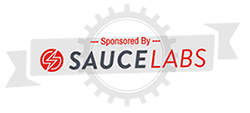
Test Talks is sponsored by the fantastic folks at Sauce Labs. Try it for free today!

